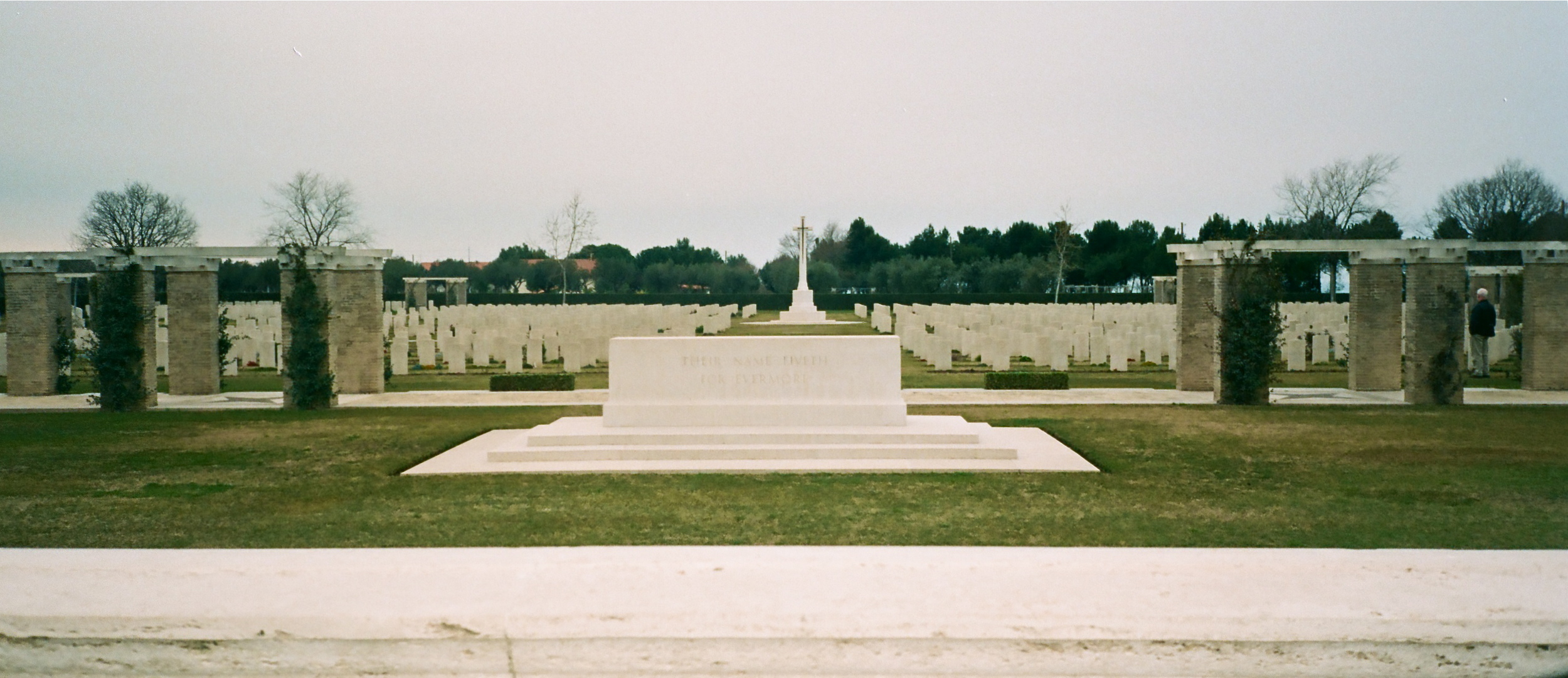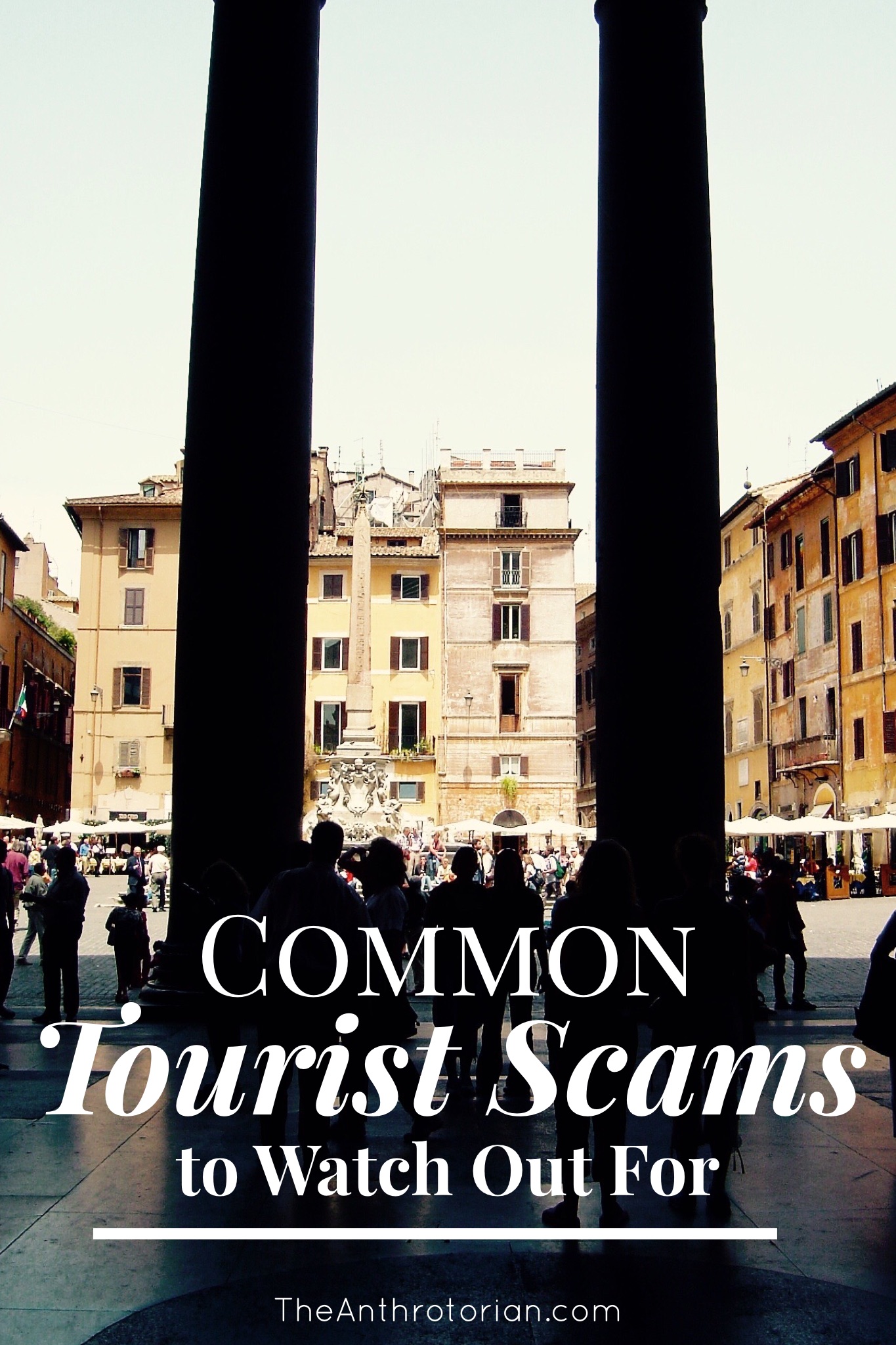The night before had been one of those rare, unforgettable nights that had ended with falling asleep (passing out) fully clothed and waking up with case of the disoriented giggles, and a blood alcohol level higher than what would allow me to legally drive.
Luckily I didn’t have to drive. Unluckily, I still had to sit on a bus that was going to travel on a VERY twisty, windy, bumpy road for FIVE hours.
Yup, didn’t plan that well.
It was 2004, and I was heading to the east coast town of Ortona, Italy on a fieldtrip with other students from our university program. The small seaside town was the home of some very important battles during WWII and, according to my History of Warfare professor, still contained destroyed buildings from those battles that were worth seeing.
The town was beautiful, the buildings quite shocking (as shocking as it could be to my numbed senses), but to be honest, all that I could think about after that VERY painful bus ride was finding a large glass of water, some greasy food and somewhere to lay down.
By the time we got back on the bus, I had managed to find only the water and could feel the headache of the century coming on. Trying to ignore the world, I leaned my head against the seat in front of me and tried to block out my Prof who was going on about something (probably important but I didn’t care) at the front of the bus.
Ten minutes later, the bus suddenly pulled to a stop and people started getting off. We only had one stop scheduled, so I was a bit confused, but like a good, hung-over sheep, I followed the other students off the bus.
Blinking against the harsh light, I dragged myself to the front of the group to try and hear what the Prof was saying and that’s when I saw where we were.
On a large white marble stone, sitting in front of row upon row of neat white headstones, were the words: MORO RIVER CANADIAN WAR CEMETERY
I had never felt so sober.
The gravestone of Private W. Harrington Age 24 "We cannot say and we will not say that he is dead he is just away"
Perched near the coast, high above the Adriatic Sea the Moro Cemetery holds the graves of 1376 Canadians that were killed near the area during WWII.
In the winter of 1943, the Germans were holding a line that reached across the country from Ortona to just north of Naples. The Allies made a plan to break this line to take Rome back, and on December 6, 1943 the Canadians crossed the Moro River and launched an attack. Two weeks later, they advanced on, and took, Ortona. It is considered to be one of the bitterest battles in the war — 8 days of incredibly violent house-to-house battles that ended in a huge loss of life.
I had never been to a Canadian War Cemetery before, and the mix of seeing the Canadian flag, headstones that contained last names of close friends back at home, and my pure exhaustion caused a reaction that I was not expecting.
I started weeping.
Uncontrollable, non-stop tears ran down my cheeks as I walked slowly back and forth between the headstones, pausing to read the familiar names of the incredibly young people that were buried there.
The incredible loss that comes with war had never seemed to real for me as it was in that moment — and I have NEVER felt so homesick.
NOTE: Every year on November 11, I find myself remembering this moment and am SO thankful for the people who have protected my freedoms around the world in the past wars and in the present ones. They have kept my brother, my best friend, my father, and myself from being buried in places like Moro River.










